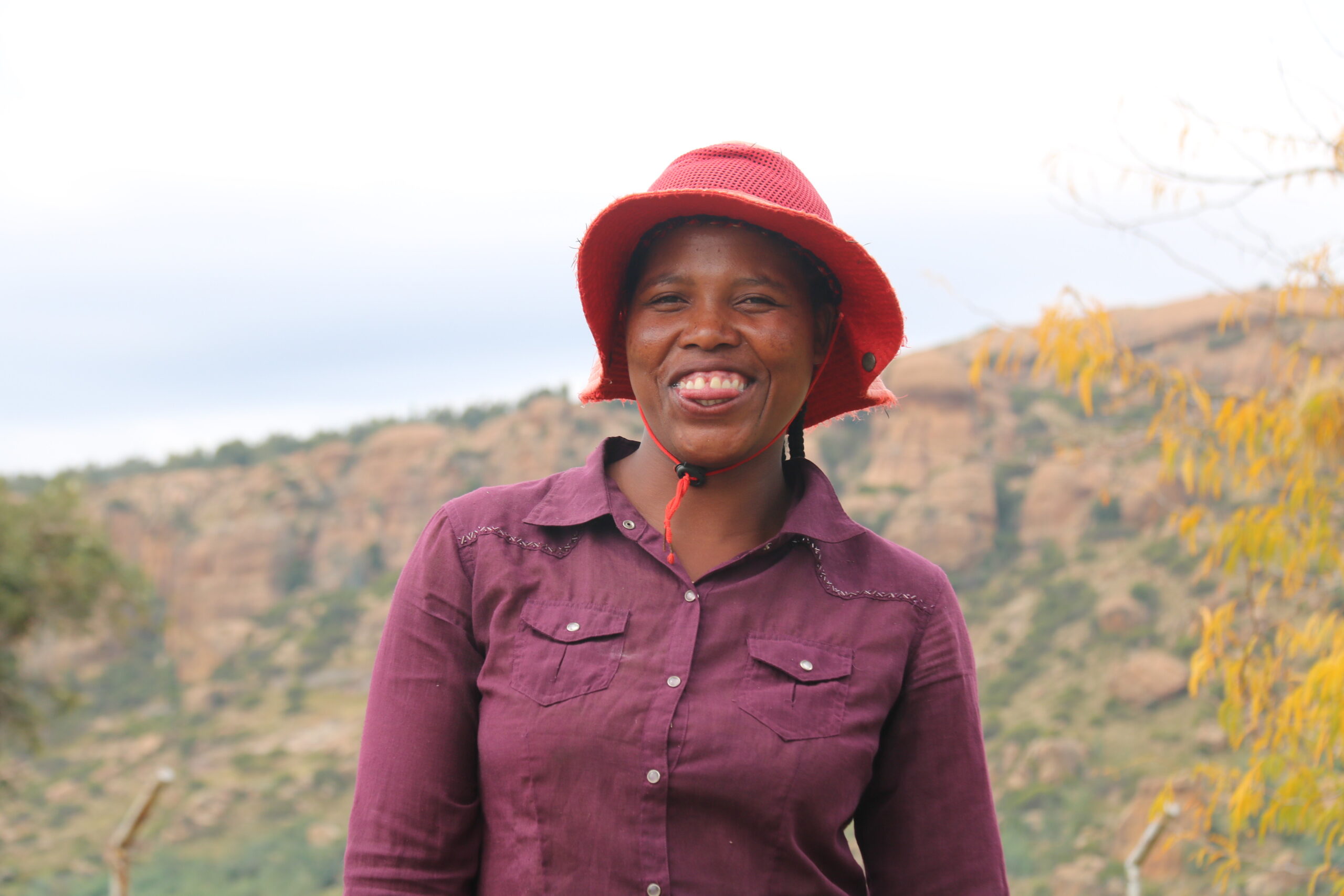Ntsoaki Motaung
Traditional herbs, or concoctions as they are commonly referred to, have a detrimental impact on the lives of pregnant women and their unborn babies.
This was said by Blandina Motaung, Lesotho’s United Nations Population Fund (UNFPA) sexual reproductive health and rights coordinator. Motaung stated that globally, haemorrhage was the leading cause of maternal mortality.
“There are many factors associated with haemorrhage, and one of them is the use of concoctions by our pregnant women. These medicines can increase blood pressure, causing women to lose more blood than expected, potentially leading to excessive bleeding,” she explained.
She made the remarks recently during the media capacitation of the ICPD agenda. She highlighted the importance of healthcare providers understanding the communities they serve, including their practices and beliefs.
“This knowledge helps healthcare workers identify what medicines or concoctions are used in those areas, their effects, and how to address them. It also aids in health education efforts to gradually wean Basotho women off harmful practices,” she added.
According to the Lesotho Demographic Health Survey 2016, the country still faces a high maternal mortality rate of 566 per 100,000 live births.
Mamonica Mokhesi Makhozonke, a public health specialist, nurse midwife, and community health nurse, noted that pregnancy was a natural process, and any medication, whether western or traditional, should only be taken if prescribed by a doctor.
“There are many reasons why the use of unprescribed medication is discouraged, including the potential for drug-to-drug interactions. Medication can affect the development of the unborn baby, which is why it needs to be prescribed by a doctor,” Makhozonke stated.
She pointed out that the main challenge with traditional medicine was that it is not scientifically tested, and there is no consistency in dosage. “Traditional concoctions are increasingly sold due to high unemployment and poverty, raising the risk of more pregnant women using them,” she said.
Makhozonke provided an example of mercury (sekete), which she said is harmful to the body whether a person is pregnant or not. “We need a way to regulate all medicines in the country to help reduce the rate of maternal mortality,” she said.
She further noted that the use of concoctions sometimes results in women losing a lot of blood during labour, which could lead to death.
“Concoctions can also cause meconium aspiration in babies, leading to their death a few days after birth. Additionally, some medicines result in unnecessary caesarean sections,” she added.
Makhozonke stressed that the country should do everything in its power to prevent maternal deaths to achieve the Sustainable Development Goals (SDGs).








